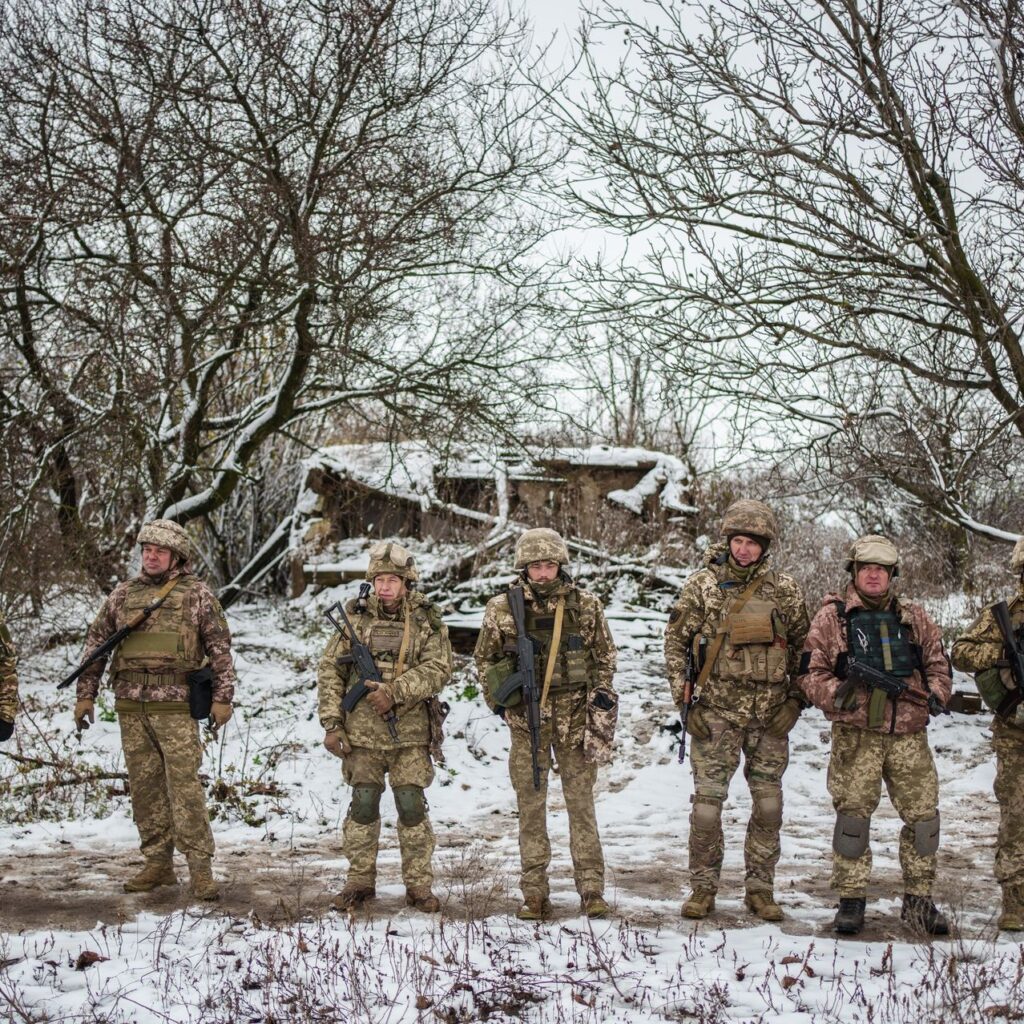Military life is often romanticized, but the reality is much harsher. Behind the brave faces of service members are hidden struggles that can take a toll on their mental and emotional well-being. Deployment challenges, mental health issues, and strained family dynamics are just a few of the hardships faced by those in the military. Through stories like Mary’s, John’s, and Sarah’s, we can begin to understand and empathize with the struggles of service members on the frontlines. It is important to recognize and support those who sacrifice so much for their country.
The Hidden Struggles of Military Life: Stories from the Frontlines
Introduction
As civilians, it can be easy to romanticize military life – the sense of duty, honor, and sacrifice that comes with serving one’s country. However, the reality is often much harsher. Behind the brave faces and stoic demeanors lie hidden struggles that can take a toll on the mental and emotional well-being of those in the military. In this article, we will shed light on some of these hidden struggles through the stories of those who have experienced them firsthand.
Deployment Challenges
One of the most obvious challenges of military life is deployment. Being away from loved ones for extended periods of time, facing the constant threat of danger, and adjusting to life in a new and often hostile environment can be incredibly difficult. For many service members, the stress and isolation of deployment can lead to feelings of loneliness, anxiety, and depression.
Story 1: Mary’s Story
Mary, a young mother of two, was deployed to Afghanistan for a year. Being away from her children was the hardest part of her deployment. She missed their birthdays, their first day of school, and all the little moments that make up a parent’s life. Despite the dangers she faced on a daily basis, it was the emotional toll of being separated from her family that weighed heaviest on her mind.
Mental Health Struggles
Another hidden struggle of military life is the prevalence of mental health issues among service members. The stress of combat, the constant state of readiness, and the stigma surrounding mental health can make it difficult for those in the military to seek help when they need it. As a result, many service members suffer in silence, leading to high rates of post-traumatic stress disorder (PTSD), depression, and substance abuse.
Story 2: John’s Story
John, a combat veteran, struggled with PTSD after returning home from Iraq. He found it hard to adjust to civilian life, experiencing flashbacks and nightmares that left him feeling on edge and disconnected from those around him. Despite seeking help from the VA, John felt ashamed of his mental health issues and struggled to open up about his experiences.
Family Dynamics
Military life can also put a strain on relationships and family dynamics. The constant moves, long separations, and the demands of military service can create tension and conflict within families. Children may struggle to cope with the absence of a parent, while spouses can feel overwhelmed by the responsibilities of managing a household on their own.
Story 3: Sarah’s Story
Sarah, a military spouse, found herself feeling isolated and overwhelmed when her husband was deployed for six months. She had to juggle her job, taking care of their two young children, and worrying about her husband’s safety all on her own. The strain of holding down the fort while he was away took a toll on her mental and emotional well-being.
Conclusion
While military life is often portrayed as honorable and brave, it is important to remember that there are hidden struggles that come with that sacrifice. From deployment challenges to mental health issues to strained family dynamics, those in the military face a unique set of hardships that can take a toll on their well-being. By sharing these stories from the frontlines, we can begin to understand and empathize with the struggles that those in the military face and work towards offering them the support and care they deserve.
